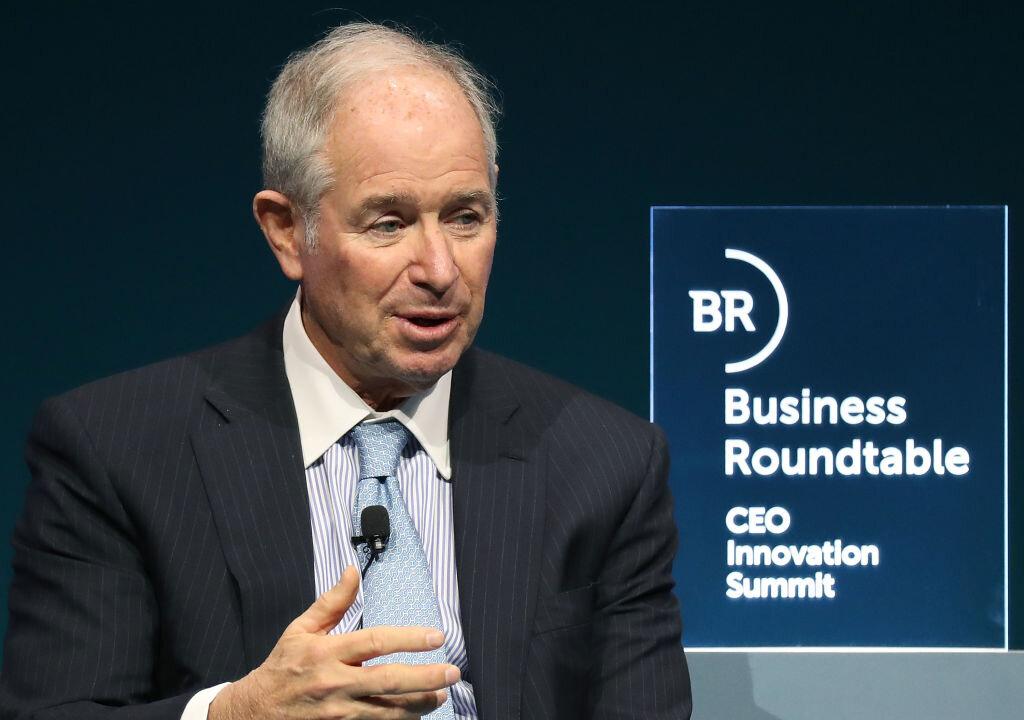Blackstone CEO Steve Schwarzman said Friday that the decision by Fitch Ratings to downgrade the United States’ long-term credit rating is regrettable but justified, in large measure due to the out-of-control government spending that keeps adding the the federal debt load.
As head of a firm with around $1 trillion under management, Mr. Schwarzman told CNBC in a wide-ranging interview on Aug. 4 that the Fitch downgrade of America’s credit rating may have come as a surprise, but it’s not baseless.
“The numbers justify it, regrettably,” Mr. Schwarzman said. “We’ve had an explosion of debt since the global financial crisis. We don’t appear to have a lot of discipline.”
Mr. Schwarzman added that the country is now running “huge deficits” with no sign of fiscal discipline and “so on the numbers, you can understand why they did it.”
His remarks come several days after Fitch Ratings downgraded the Long-Term Foreign-Currency Issuer Default Rating for the United States from AAA to AA+. The rating cut means that U.S. government bonds are now a riskier investment than they were previously, raising the cost of government borrowing.




